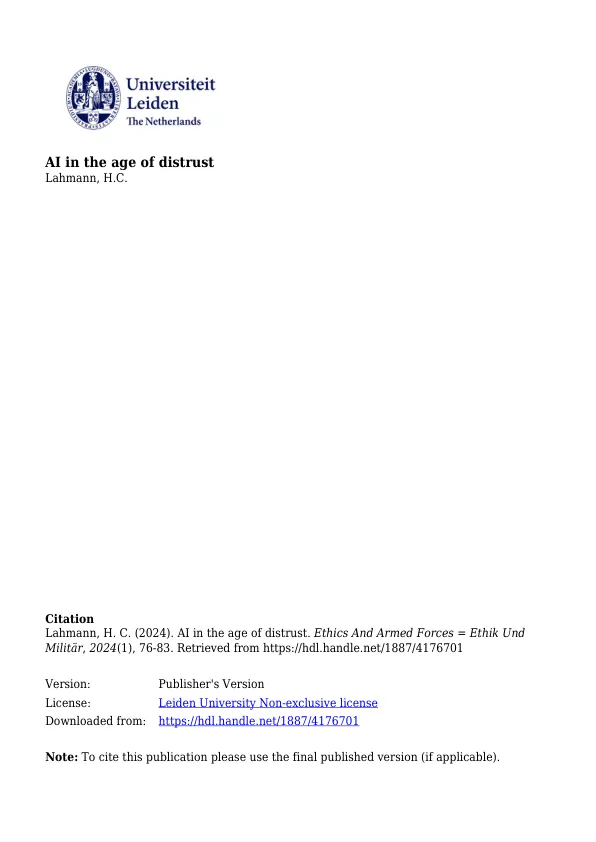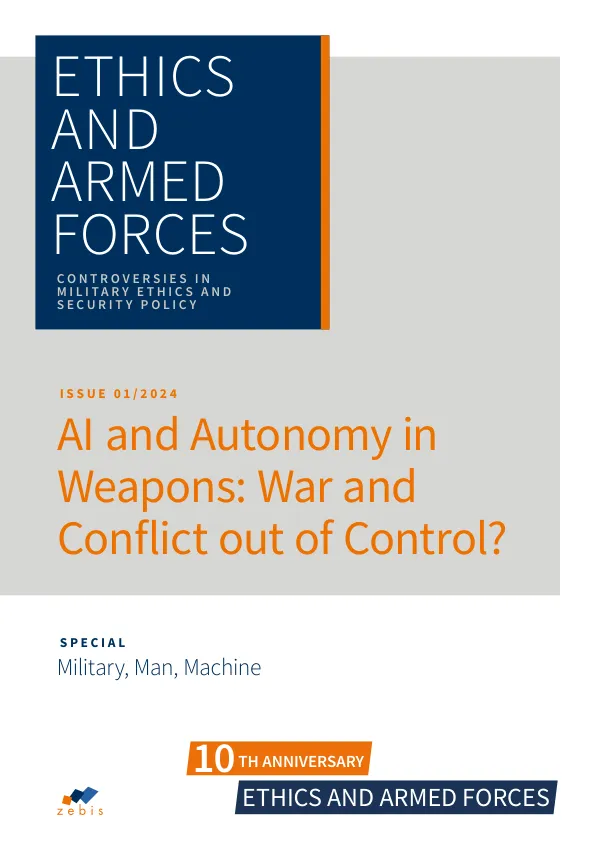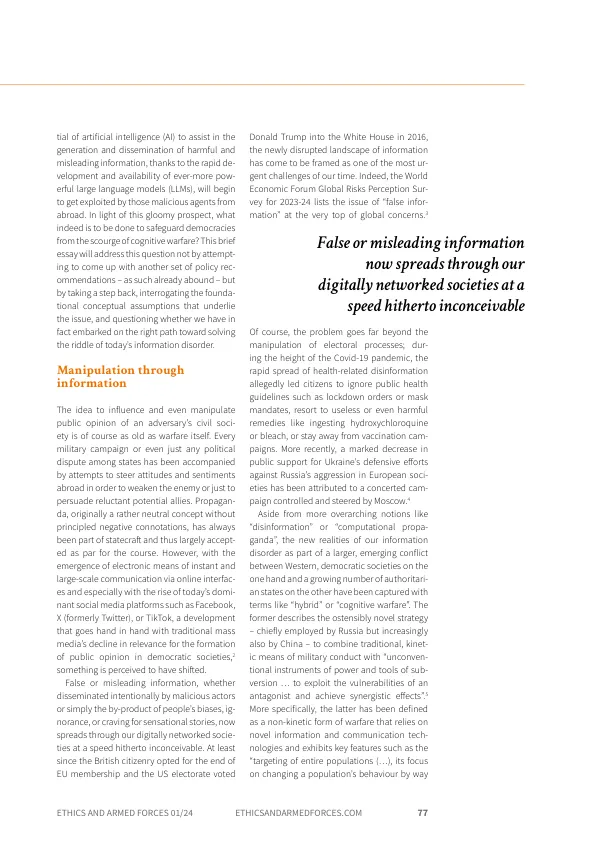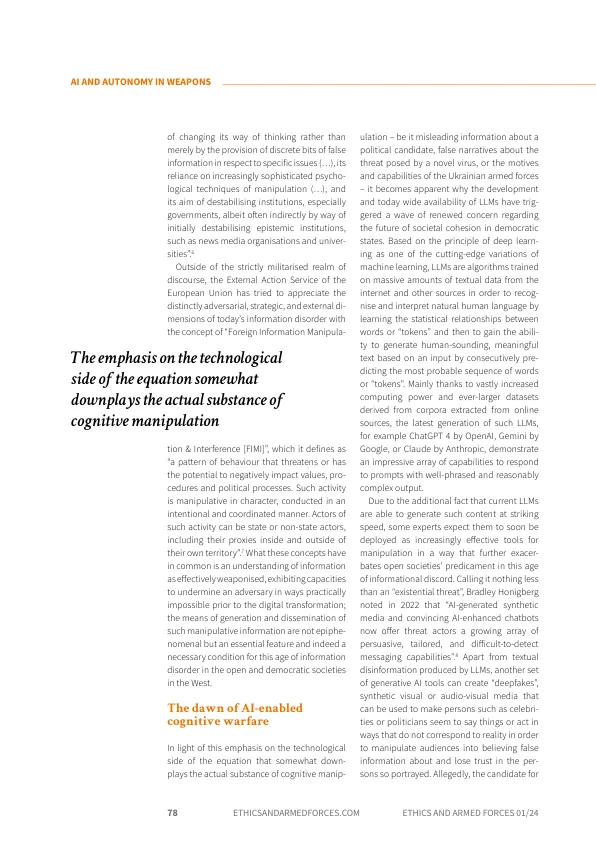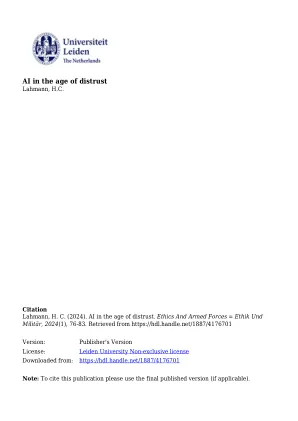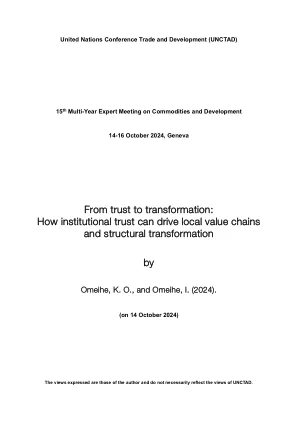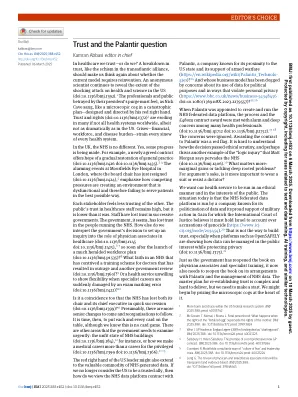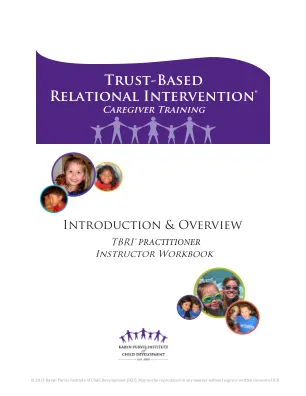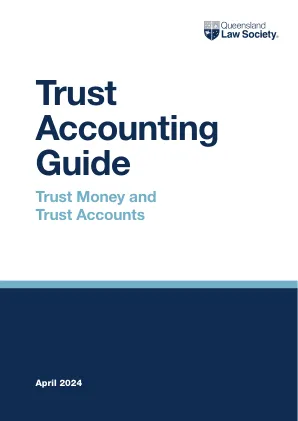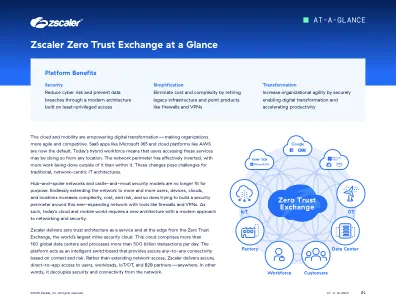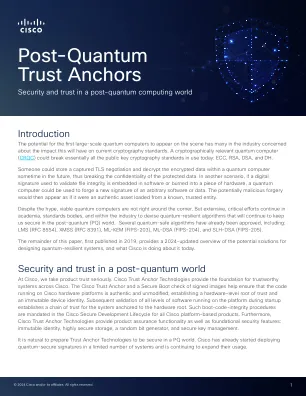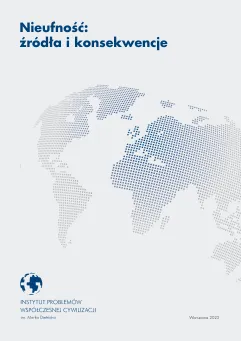“俄罗斯只是帮助欧洲大选”,这是最近指称的外交政策的喘不过气来的头条新闻。1 In the article, Berlin-based journalist Paul Hockenos describes how the campaign for the presidential election in Slovakia was marred by a barrage of “anti-Ukrainian and pro-Russian disinformation” that ultimately “could have been the lever that turned the re- sult so dramatically”, ending with the win for the pro-Kremlin candidate Peter Pellegrini.In the larger story of Moscow's malign influence over politics in Western societies, the Slovakia episode has been only the latest instance in an ostensible string of campaigns that have been meddling with democratic decision-making processes in Europe and North America since at least 2016, when the shocking results of the UK Brexit referendum and Trump's surprise vic- tory in the US presidential election catalysed a wholly new era of hybrid threats that寻求毒害西方选民的思想。到目前为止的重点一直是俄罗斯为播种信息不信任和增强西方开放社会的两极分化而努力的努力,但最近,北京已经成为另一个热衷于模仿与同一目标相互协调的信息行动取得明显成功的有力演员。根据研究人员和政府官员的说法,《纽约时报》在4月初报道,中国已经开始采用与俄罗斯在2016年大选中使用的一些策略,这些策略使特朗普掌权以影响2024年11月的即将到来的投票。在欧洲首都中可以听到中国日益严重的威胁的类似警告。这种令人担忧的叙述的另一部分是经常重复的克拉里昂呼吁,尽管Moscow's and Beijing的意图旨在剥削西方社会的信息不和谐,华盛顿,布鲁塞尔,巴黎或柏林的政府仍然对这种持续的“信息战争”的自由,但言论中的言论中的自由依赖于这种持续的言论,但对这些言论的自由不为所动。在这个讲述中,如果我们想保留我们的民主国家,时间就会耗尽,因为只有一旦完整的计算机 -
AI不信任
主要关键词
